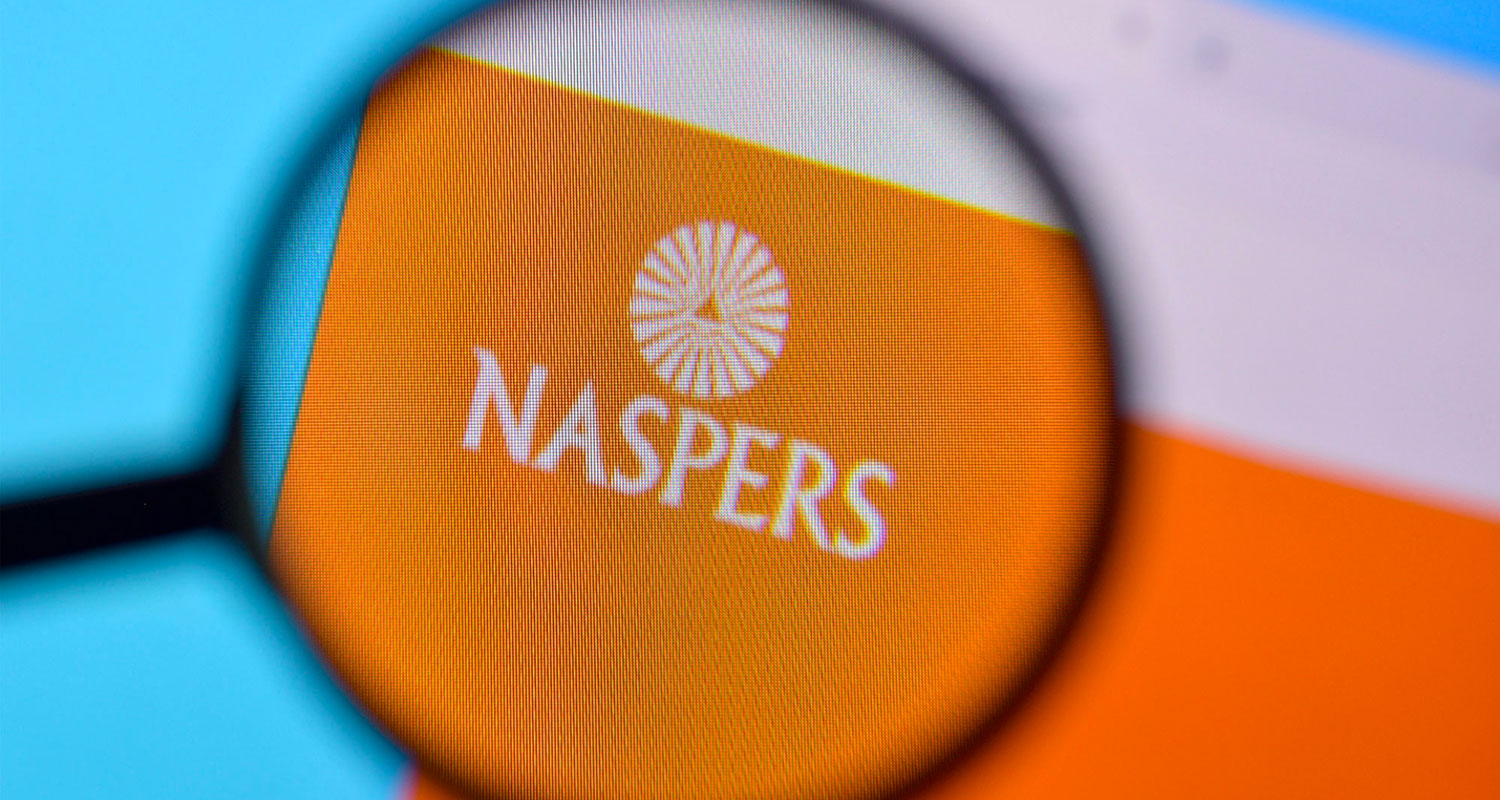JSE-listed Naspers and its Amsterdam-listed subsidiary, Prosus, have adopted an AI-first strategy that they said on Monday is paying dividends in their portfolio of e-commerce, classifieds, edtech, media and fintech businesses.
According to the Naspers and Prosus 2025 annual results, published on Monday, AI is helping reduce costs and drive operational efficiency internally, while investment in a number early-stage AI start-ups is set to contribute to investor returns in time.
“We live in a time of fast change, and the rate of change is accelerating,” Naspers and Prosus CEO Fabricio Bloisi said in the report. “New technologies, specifically AI, will rewrite the winning countries and companies. We believe this time of fast change offers opportunities to invest in transformative businesses, particularly in AI.”
Internally, AI is used at Naspers for a range of tasks, including personalised recommendations for e-commerce, search engine optimisation, fraud detection, customer support, route optimisation for deliveries, inventory management and predictive analysis.
Naspers builds its own AI tools and has a working group made up of technical leaders from companies across its operating portfolio that meet periodically to share new developments, ideas and lessons learnt. Sharing of tools also ensures companies within the group do not waste resources through the duplication of effort.
Naspers said some its most successful AI deployments are in its logistics businesses, where 30 million orders have been delivered using 25 million AI-generated “most efficient” routes per month, driving delivery costs down by an estimated 16%.
AI is also used extensively by the group for content moderation. Naspers claims its AI-based moderation tools have reached human-level accuracy, trolling through 95% of two million daily listings and improving the identification of “bad content” by 15%.
Lever for growth
AI is also being used to deliver automated support for customers, drivers and partners in the e-commerce ecosystem, with support costs down 40% and customer satisfaction ratings up five percentage points, said Naspers.
In the fintech space, Naspers said AI is now responsible for 60% of all payment decisions and has led to a 4% saving in “abusive” vouchers and a 5% drop in “abusive” refunds.
Although AI is being used as an efficiency driver within the organisation, Naspers sees the technology as a lever for future growth through external investments and acquisitions. Prosus Ventures, the group’s early-stage investing arm, has made strategic investments in AI start-ups, including Corti, Zapia AI, Altera and Taktile.
Read: Major rift opens between Microsoft and OpenAI
Corti is an AI-powered healthcare platform offering features like real-time conversational analysis for clinical diagnosis. Zapia is an AI-powered assistant focused on the Latin American market offering audio, image and text functionality as well as WhatsApp integration. Altera is a San Francisco-based start-up focused on building “digital humans”, while Taktile is an AI platform that helps companies build automated risk management and decision-making applications.
 “In the 2025 financial year, we committed and invested over US$400-million across more than 40 closed transactions, including US$88-million in AI-related investments,” said Naspers.
“In the 2025 financial year, we committed and invested over US$400-million across more than 40 closed transactions, including US$88-million in AI-related investments,” said Naspers.
The EU recently launched an InvestAI initiative, aimed at mobilising €200-billion in AI investments to “solidify Europe’s position as a global AI leader”. Naspers said the group has aligned itself with the EU’s ambitions and is creating a $100-billion ecosystem group in Europe “to act as a catalyst for innovation and scale”. The group says it sees “immense potential” in European tech and is “prepared to invest billions”.
Read: Prosus profit surges 47% as e-commerce bet pays off
Naspers’s investment thesis is rooted in the idea that AI has advanced beyond its initial wave, where iterating on and improving foundational models was the industry’s primary objective. The foundational models have improved enough to allow the next generation of innovators to use them as building blocks for higher-level products and services.
“While foundational models remain important, we believe the next wave of value will come from the application layer – where AI is embedded into business workflows to deliver tangible results,” said Naspers. – © 2025 NewsCentral Media
Get breaking news from TechCentral on WhatsApp. Sign up here.



